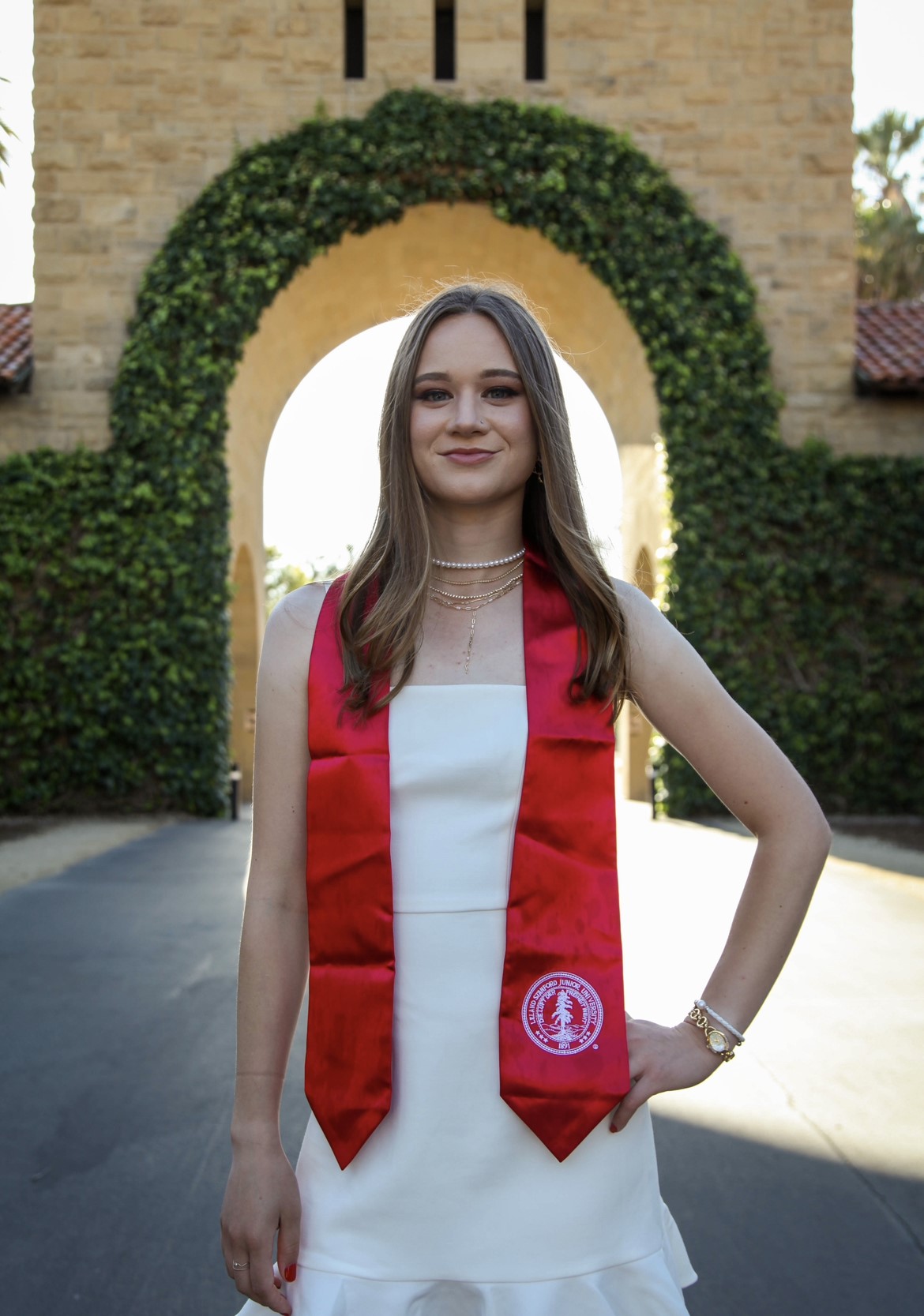 Born and raised in Anchorage, Alaska, Mick Edwards is a proud member of the Upper Skagit Tribe, based in Sedro-Woolley, Washington. Now a medical student at the University of Washington School of Medicine’s WWAMI program, Mick is pursuing a path in medicine shaped by a deep commitment to community, culture, and mental health equity.
Born and raised in Anchorage, Alaska, Mick Edwards is a proud member of the Upper Skagit Tribe, based in Sedro-Woolley, Washington. Now a medical student at the University of Washington School of Medicine’s WWAMI program, Mick is pursuing a path in medicine shaped by a deep commitment to community, culture, and mental health equity.
“I was drawn to medicine through learning about the health disparities that affect Indigenous communities and wanting to help improve access to care—especially mental health care,” Mick shares. “Growing up, I saw how cultural understanding and trust can make such a difference in how people experience healthcare, and that inspired me to pursue a path where I could help bridge those gaps.”
For Mick, the UW School of Medicine and WWAMI program offered the ideal environment to pursue that mission. “UW’s WWAMI program stood out to me because of its strong focus on serving rural and underserved communities,” she explains. “Training in Alaska has given me incredible opportunities to learn from close-knit communities and see the impact of community-centered, culturally grounded care in action.”
Mick’s Upper Skagit heritage continues to guide her approach to medicine. “
“Being Upper Skagit has shaped how I think about health as something deeply connected to community, identity, and place. It motivates me to approach medicine with humility and respect for traditional knowledge and healing practices,” she says.
One of Mick’s most meaningful experiences so far was participating in the Rural Underserved Opportunities Program (RUOP) in Sitka. There, she collaborated with local organizations to develop a proposal for adapting Mental Health First Aid training for Native youth, exploring culturally grounded ways to make the program more relevant and accessible. “That experience deepened my appreciation for community-driven approaches to mental health and how local partnerships can inspire meaningful change,” Mick says.
Mick credits her mentors through the Indian Health Pathway, RUOP, and WWAMI with modeling compassionate, community-based care and helping them grow as a future physician. “My family and tribal community have also been constant sources of support and grounding throughout this journey,” she adds.
Looking ahead, Mick hopes to specialize in psychiatry and return to the Pacific Northwest to work in tribal or community-based settings, helping expand access to culturally responsive mental health care and supporting Native youth through programs that foster healing, empowerment, and intergenerational connection.
Outside of medical school, Mick enjoys spending time outdoors with their pets and learning traditional arts that help her stay connected to her culture and community.
“Native American Heritage Month is a time to celebrate the strength, knowledge, and resilience of our communities,” Mick reflects. “For me, it’s also a reminder that representation matters—seeing Indigenous people in medicine and science helps pave the way for future generations.”
